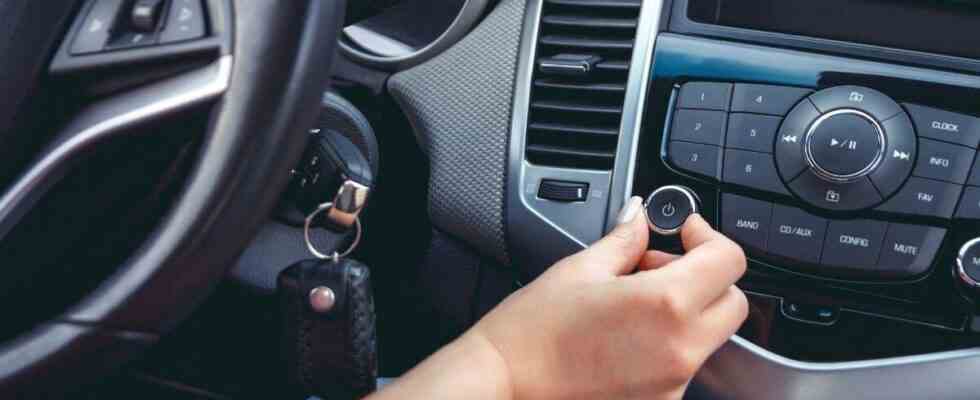This Friday evening marks the start of the school holidays, and this weekend will be one of the busiest of the summer on the roads of France. This actually increases the risk of accidents, and in particular those related to drowsiness at the wheel. According to data from the French Insurance Company (Afsa), fatigue and drowsiness are the leading cause of death on the motorway, responsible for 15.8% of fatal accidents in 2021. Because they lead to periods of microsleep from 1 to 4 seconds at the driver.
However, 4 seconds is 150 meters traveled if you are driving at 130 km/h on the highway. “The causes of this lack of sleep are multiple: many drivers work late the day before departure or pack their bags at night. In addition, some take medication or eat too large meals, which tends to aggravate drowsiness,” informs Eric Lemaire, Vice-President of Prevention Insurance. And according to the 2022 barometer of the Vinci Autoroutes Foundation, nearly one in two French people (46%) continue their journey although they feel very tired, a figure up seven points compared to last year.
Choosing your audio program delays the onset of drowsiness
Faced with the risk of nosedive at the wheel, there are of course the basic tips: “Sleep enough the night before, eat light, drink a glass of water every hour, stop every two hours to walk, ventilate your vehicle…”, recalls Eric Lemaire. But there is a more original way to boost your vigilance at the wheel: rely on auditory stimulation. This is proven by a study by Prevention Insurance published on Wednesday.
The association placed 97 participants in a driving simulator for 90 minutes on the highway. They had to travel in monotonous conditions. Divided into five groups, each of them was exposed to different auditory simulations: the normal purring of the passenger compartment, imposed music, imposed music interspersed with advertisements, music chosen by the driver, and finally a podcast. Results: “50% of the participants in the group lulled only by ambient noise reached at least once a level of extreme drowsiness (with the onset of microsleeps), compared to 18% of those in the group listening to selected music and 14% of those listening a podcast”, informs the medical biologist Antonin Saldmann.
“The ideal is to alternate music and podcasts to boost stimulation”
Results analyzed by Pr Michel Lejoyeux, psychiatrist and addictologist: “Listening to the music we love or a program we like creates a motivational shock. What wakes us up is speech and emotion. This will affect our concentration. Antonin Saldmann completes the explanation: “When we choose music that we know, we stimulate both the auditory cortex in the brain, the hippocampus (area of learning and memory) and the amygdala ( emotional processing). And listening to a podcast keeps your cognitive abilities alert.
Good information to know for motorists who are going to hit the road. “But you don’t have to wait until you’re exhausted to listen to an audio program. We suggest turning on the radio or putting on some music at the start of the trip,” says Antonin Saldmann. “The ideal is to alternate music and podcasts, to boost stimulation,” adds Michel Lejoyeux. Since the most boosting audio programs are those chosen by the driver, the co-driver must therefore try to ask him what he wants to listen to. Hope they taste the same!
Moreover, even if the auditory simulations delay the onset of drowsiness, they do not prevent it. It is therefore necessary to stop at the first yawns. Even if you’re in a hurry to get to your vacation spot, a nap is always better than an accident.

